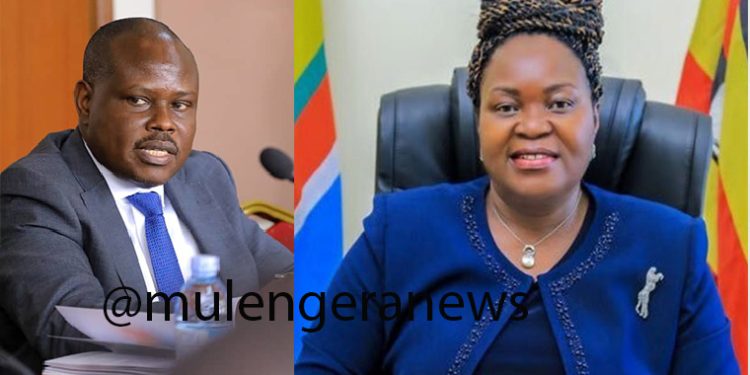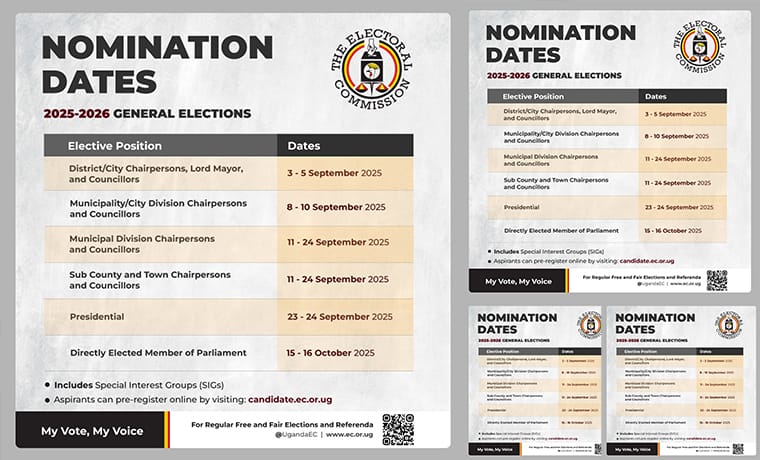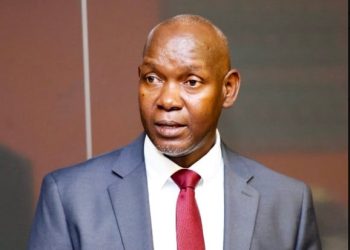By Mulengera Reporters
Uganda’s ambitious dream of joining the ranks of global oil exporters by November 2025 faces significant hurdles, as outlined in the Auditor General’s 2023/2024 report. The document lays bare the delays and funding challenges undermining critical projects in the petroleum sector, casting doubt on the feasibility of meeting the much-anticipated deadline.
The government initially set a target to drill 177 wells as part of the preparatory efforts for Uganda’s maiden oil exports. However, by November 2024, only 94 wells, representing 53% of the target, had been completed.
This sluggish progress has raised alarm among industry stakeholders, with fears that further delays could cost the country its place in the global energy market.
The report paints a worrying picture of the progress on Uganda’s major oil projects. The Tilenga Project, operated by TotalEnergies, is one of the cornerstones of Uganda’s oil ambitions but has only reached 42% completion, far behind the planned schedule. Similarly, the Kingfisher Development Area, spearheaded by CNOOC Uganda, is at 88% completion, leaving a critical 12% still unfinished as the clock ticks closer to the export deadline.
The East African Crude Oil Pipeline (EACOP), a flagship project expected to transport crude oil from Hoima to the Tanzanian port of Tanga, is also trailing expectations.
By November 2024, EACOP had achieved just 40% of its construction target. One of the primary reasons cited for this delay is the protracted process of compensating project-affected persons which has significantly slowed land acquisition and disrupted timelines.
Funding inadequacies have compounded the challenges facing the oil sector. For instance, the establishment of a National Petroleum Data Repository, an essential component for the efficient management of oil resources, has been severely underfunded.
Out of the UGX 133.5 billion required to operationalize the project, only UGX 7.5 billion had been allocated by November 2024. This funding gap has left the project in limbo, with several critical components incomplete and no clear timeline for resolution.
The Auditor General’s report underscores the need for the government to take decisive action to address these delays and funding gaps. It recommends enhanced oversight, streamlined project implementation, and fast-tracked infrastructure development to salvage Uganda’s 2025 oil export target.
The clock is ticking, and Uganda’s window of opportunity to secure its place in the global oil market is narrowing. The government must act swiftly and decisively to ensure that the nation’s oil aspirations do not remain a dream.
The delays and funding challenges not only threaten Uganda’s ability to meet its oil export timeline but also raise concerns about the country’s capacity to manage large-scale infrastructure projects.
With billions of dollars in investment at stake, the success or failure of Uganda’s oil sector could set a precedent for future projects and determine the country’s economic trajectory in the coming decades.
The report serves as a wake-up call to policymakers, investors, and stakeholders to double down on efforts and prioritize the oil sector as a key driver of Uganda’s economic transformation.
Failure to do so risks missing a golden opportunity to lift millions out of poverty and position the nation as a leading energy exporter in the region. (For comments on this story, get back to us on 0705579994 [WhatsApp line], 0779411734 & 041 4674611 or email us at mulengeranews@gmail.com).

































